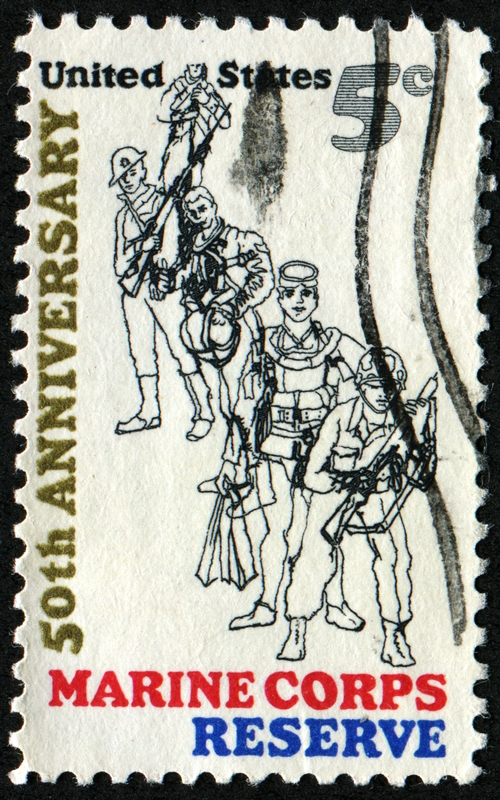 It is a tough shift for some to segue from an enlisted or commissioned member of the military to a civilian. What is lost in the transition process is how valuable a Veteran is! What would make that individual marketable in the work place you ask? Let me paint you a picture of the average Veteran of the Gulf War Era.
It is a tough shift for some to segue from an enlisted or commissioned member of the military to a civilian. What is lost in the transition process is how valuable a Veteran is! What would make that individual marketable in the work place you ask? Let me paint you a picture of the average Veteran of the Gulf War Era.
Imagine someone who has been trained to do high expertise jobs and able to adapt to almost any environment and stressor imaginable. Someone who has worked as an individual with mentored leadership along the way and as a member in a large group structured in a hierarchy with many components. An individual with the mindset of completing the organization’s mission. The mission which encompass a broad scale from saving capital to producing the most out of the least amount of resources available. Imagine that individual able to mentor, communicate and lead others out of pure chauvinism of the organization. That’s my definition of a Veteran.
What would keep someone with those skill sets from securing a vast position; the interview process is the complex part for the Veteran. The interview is the most difficult affair we face. You see the average enlisted member, enlisted at the age of eighteen. We were given boots, trained and within the last ten years setoff to defend our great Country before we could have our first legal drink of alcohol. Now we sit in front of a corporate staff member hoping they will understand our technical resume, explain what we have done over the years and then inform them on how we can integrate into the organization for which we seek employment.
The problem is how do we display to that staff member that we already have all the tools to perform the job and just need the opportunity. You see, although the corporate world might not fully understand us, federal and state employments are another outlet. With such a diverse spectrum of military occupational specialty from infantry to nuclear technician we are amongst the highest caliber of employees ready to work.
Amongst positive information there is always negative information as well. While integrating we are given help from organizations amid the civilian sector that offer Veteran’s successful segue into society. All across the nation, with the aid of various organizations, institutions and the Department of Veterans Affairs are there to guide us. Besides the basic information I gave you about the average Veteran. Once employed, the employer has more of an incentive to hire a Veteran(s). Your new employee has been employed for a minimum of four years, either working on his/her education or has it, able to receive tax breaks, have someone possibly covered with healthcare and insurance through the Veteran Affairs. Some of us contain security clearances that are active or just in need of recertification, which saves in thousands of dollars. With our current Veteran benefits there are many opportunities and services for us but we particularly search for employment opportunities in the following categories:
- Work study, internship, and volunteer work with non-taxable stipends.
- Part time jobs in elevated positions with flexible hours.
- Above entry-level careers with salaries above $45,000.
So how do Veterans in the Workplace make a Transition From Military to Civilian?
The short answer is that there is no perfect solution. However, we do entertain the idea of hiring Veterans over those that have not served. The insight and expertise that military representatives provide cannot compare to anything that the civilian sector has to offer. We propose to use the labor of the unemployed Veterans to stimulate economic growth; and to give back to those that have made sacrifices time and time again to ensure that those back at home have the opportunity to be free and to hopefully one day return the favor. This is after all what we fought for.
Devil Dog USA Inc., services under its resource programs are to help a Veteran with translating their resume, acquire business attire, prepare for interview and assist with everything in-between. Once that basic need is met, we follow through with continuous support. Our other programs help facilitate the growth of the individual and ease the transition process. Our goal is to help the Veteran with his/her process and we ask you, the public to use us as its hub to facilitate that need.



